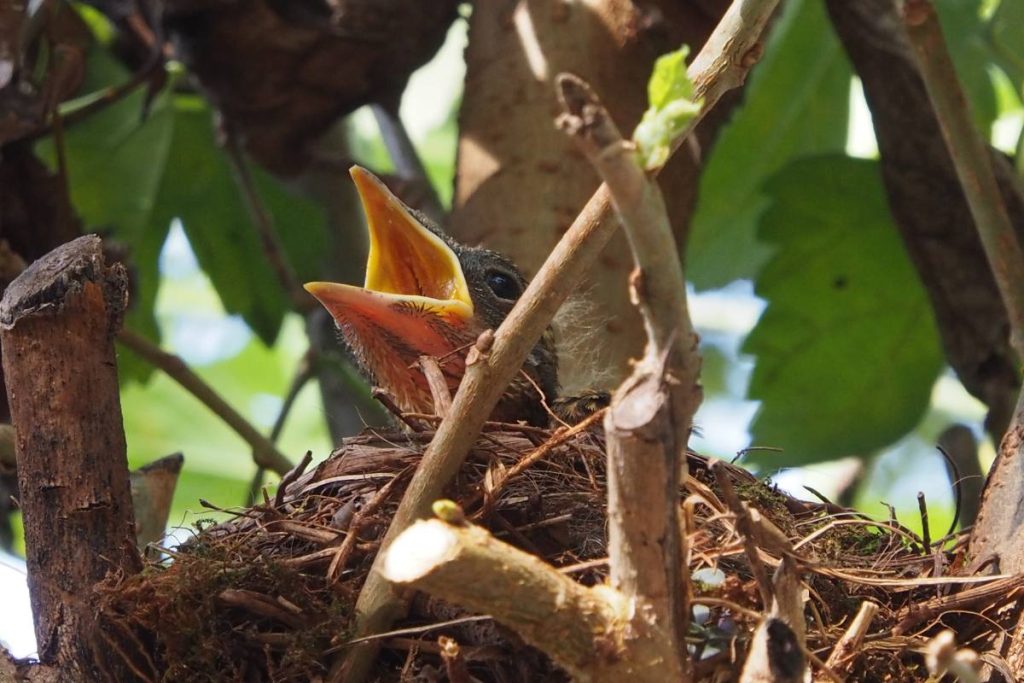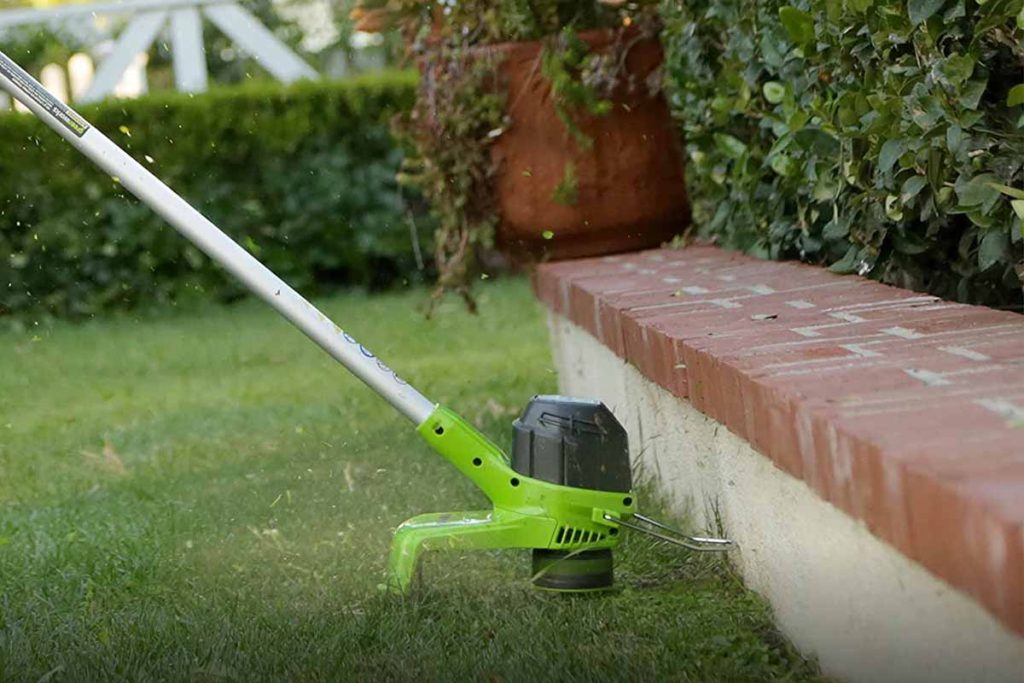Jumping into garden cleanup as soon as the snow melts might seem like a great way to get ahead of spring gardening. However, pausing until the thermometer consistently reads above 10 degrees Celsius can significantly benefit your garden’s ecosystem. Here are some reasons why waiting is worth considering.
Bees, Butterflies and Other Pollinators Are Overwintering
Your garden, with its layers of dead leaves and seemingly dormant stems, is a bustling hotel for hibernating pollinators. These tiny guests, including bees and butterflies, are nestled within the garden debris, relying on the cover for protection against the lingering cold. Disturbing this natural shelter by cleaning up too early can prematurely expose these essential pollinators to harsh conditions before they’re ready to emerge. Given their crucial role in pollination, ensuring their survival is key to maintaining the balance of our ecosystems and the success of our gardens.
Leaves Feed the Soil
The layer of leaves covering your garden bed is not just debris; it’s a multifunctional blanket that protects the soil and nurtures life within it. This natural mulch conserves moisture, regulates soil temperature, and suppresses weed growth. As leaves decompose, they enrich the soil with essential nutrients, fostering a healthy growing environment for plants. Furthermore, this leaf layer harbors a variety of insects that contribute to the decomposition process and serve as food for birds and other wildlife. When it’s finally time to tidy up, consider picking up the leaves with a lawn mower. This method can chop the leaves into smaller pieces, speeding up their decomposition and further enriching the soil. Just be sure to set the mower at a high enough height to avoid disturbing the soil and any insects overwintering in the ground.
Old Stems Are Mini Ecosystems
Those old, hollow stems and the pithy centers of last season’s plants are more than meets the eye. They are crucial mini ecosystems providing shelter for overwintering insects, including solitary bees. These insects lay their eggs in the stems, where they remain protected until spring. Cutting these stems too early can destroy future generations of beneficial garden pollinators.
Natural Pest Control
A diverse insect population in your garden includes many natural predators that keep pest populations in check. Ladybugs, lacewings, and ground beetles are just a few of the beneficial insects that might be overwintering in the garden debris. By maintaining their habitat a bit longer, you support these natural allies in controlling garden pests without the need for chemical interventions.
Food for Birds
The seeds and insects that overwinter in your garden provide an essential food source for birds, especially in early spring when other food sources may still be scarce. Birds like sparrows, finches, and chickadees will forage among the leaves and spent plant stems for these valuable nutrients. By maintaining these resources, you support local bird populations, which in turn contribute to pollination and pest control, enriching the biodiversity of your garden.

Delaying garden cleanup until warmer days isn’t just about being patient; it’s a conscious decision to support the intricate web of life that calls your garden home. So, please resist the urge to clean up your gardens on the first warm day and remember that waiting a little longer can have a profound impact on the health and vitality of your garden ecosystem.










